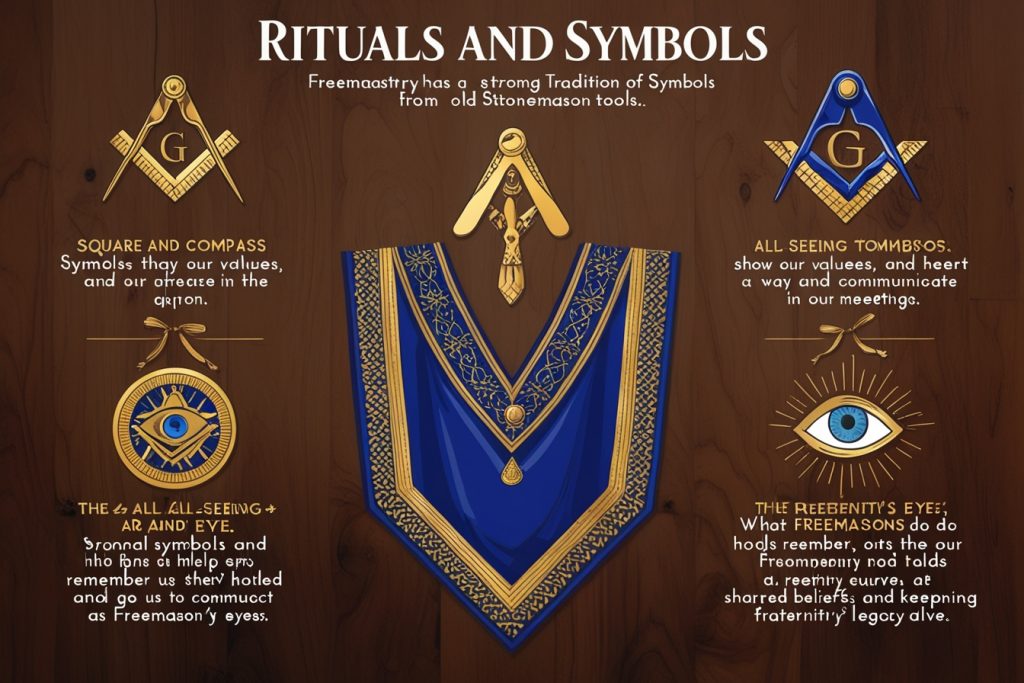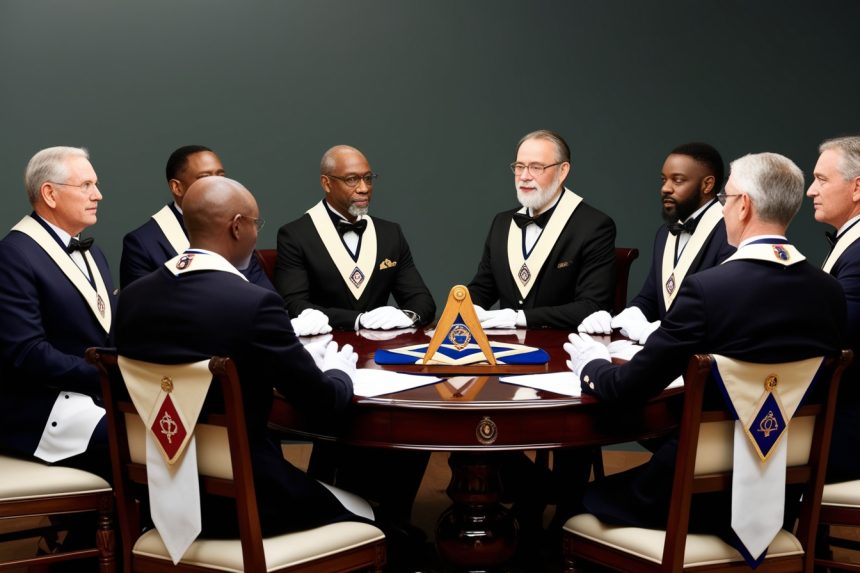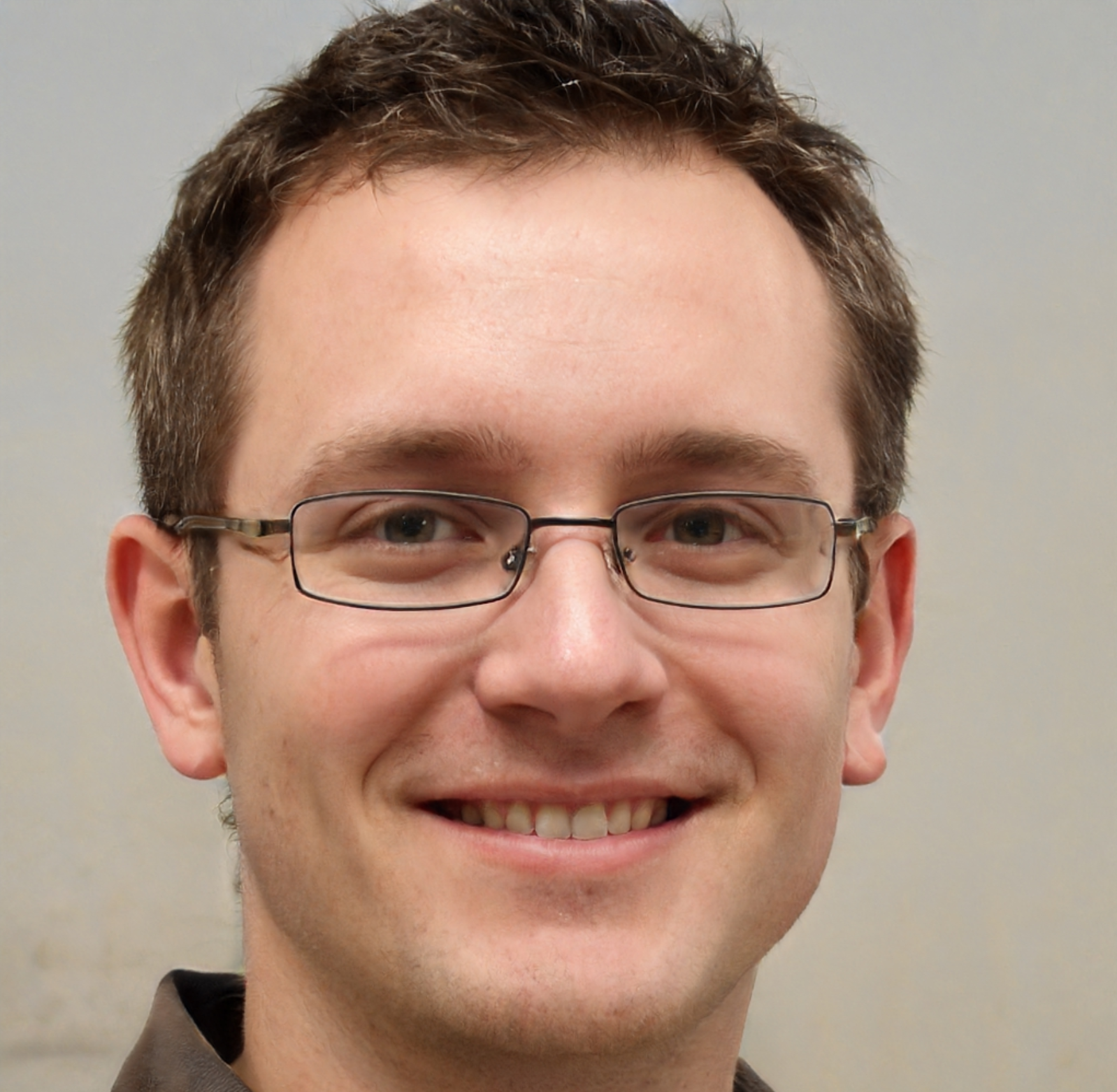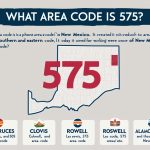What Do Freemasons Do at Meetings is a question people are often curious about—and sometimes, there’s even a bit of mystery around it. Sadly, this curiosity can lead to myths and guesses.
As a Freemason, I want to explain what really happens in our lodge meetings. So, if you’re interested in the reality of Masonic gatherings and what makes them meaningful to members, read on.
What Do Freemasons Do at Meetings?
During our lodge meetings, we do different activities to help members grow, show our support for charity, and stay true to the values of Freemasonry. What Do Freemasons Do at Meetings is often simple yet meaningful—Freemasons meet at a local lodge, usually once a month or sometimes on special occasions.
Lodge meetings include business discussions, like giving updates, voting on new members, and paying bills. But it’s not just business; we also have special traditions and ceremonies that help members connect and learn more about Freemasonry. These rituals are meant to teach important values and are a big part of every meeting.
These meetings also give us a chance to plan charity projects, fundraisers, and events for the community. Through these efforts, we try to give back and make a positive difference in people’s lives.
Structure of a Masonic Lodge Meeting
A Masonic meeting is very organized and follows a clear structure, with each member having specific roles and responsibilities. It usually begins with an opening ritual that sets the tone for the meeting. After that, we discuss lodge business, like financial reports, planning events, and other necessary tasks.
Throughout the meeting, members follow certain traditions and symbols that show the values of Freemasonry. This helps us keep a serious and respectful atmosphere.
By having a clear structure, we make sure each meeting is meaningful and productive, showing the organization’s commitment to order and unity. This is What Do Freemasons Do at Meetings in a structured way that keeps everything on track.
Opening Rituals
Every meeting starts with an opening ritual led by the Worshipful Master, who is the lodge’s leader. This ritual is very important because it creates a focused and respectful environment for everyone.
During the opening, there are often symbolic gestures and lines that members recite. These have special meaning in Freemasonry and help members leave everyday distractions behind and focus on the meeting.
The opening ritual helps set the right atmosphere and makes everyone feel connected to the values of the fraternity. It’s a reminder that What Do Freemasons Do at Meetings is meaningful and based on tradition.
Degree Ceremonies
Degree ceremonies are an important part of Freemasonry and mark special steps for members. In Freemasonry, there are three main degrees: Entered Apprentice, Fellowcraft, and Master Mason. Each degree shows a new level of learning and commitment to the fraternity’s principles.
These ceremonies are full of symbols and are meant to teach important lessons in personal growth and moral values.
Moving up through the degrees means taking part in these formal rituals, which help members understand Freemasonry better. What Do Freemasons Do at Meetings includes these meaningful ceremonies, which many members value deeply.
Roles and Responsibilities in the Lodge
To stay organized, each Masonic lodge has specific roles that members take on. The Worshipful Master, who is the head of the lodge, leads the meeting and makes sure everything follows the rules. He is supported by the Senior and Junior Wardens, who help keep order and assist with ceremonies.
Other roles, like the Treasurer and Secretary, handle important tasks like managing money and keeping records.
These roles keep the lodge running smoothly and allow everyone to focus on what really matters—building strong bonds between members and upholding Freemasonry’s values. This is a key part of What Do Freemasons Do at Meetings to keep things in order.
Charity and Community Service
Charity is a main value in Freemasonry, and a big part of our meetings is spent talking about charity projects and helping the community. From planning fundraisers to deciding how to support local causes, we take this work very seriously.
Freemasons are known for their dedication to charity, and each lodge helps the community in its own way.
Whether through disaster relief, scholarships, or other programs, What Do Freemasons Do at Meetings includes planning ways to make a positive difference. These projects are important to the people we help and bring pride and purpose to our members.
Rituals and Symbols

Freemasonry has a strong tradition of rituals and symbols, many coming from old stonemason tools. Symbols like the square and compass, the apron, and the all-seeing eye are just a few that hold special meaning in our meetings. These symbols show our values and give us a unique way to connect and communicate as Freemasons.
Rituals are more than just old traditions—they help us remember and hold onto the values of Freemasonry. Through these symbols and practices, What Do Freemasons Do at Meetings includes reminding ourselves of our shared beliefs and keeping the fraternity’s legacy alive.
Read Also: How to Get Allodial Title?
Education and Personal Growth
Learning and self-improvement are also important parts of a Freemason meeting. Many meetings include discussions or talks on topics like history, philosophy, and ethics. This gives members a chance to learn more and understand new ideas.
Freemasonry encourages members to work on becoming better people, and the educational part of our meetings helps with that. What Do Freemasons Do at Meetings includes exploring new ideas and teachings so members can grow as Freemasons and as individuals.
Building Fellowship and Brotherhood
Another important part of a Masonic meeting is the chance to connect and build friendships with other members. After the formal meeting ends, there is usually a time for “refreshment,” where members can relax, share stories, and get to know each other better.
This time together outside of rituals is very valuable. It helps members create real friendships, share experiences, and strengthen the bonds of brotherhood. What Do Freemasons Do at Meetings often includes building these friendships, which, for many members, is one of the best parts of being in the lodge.
People Also Ask
What rules do Freemasons follow?
Freemasons follow a set of ethical guidelines, including principles of integrity, charity, and respect for others, with an emphasis on personal growth and brotherhood.
What are the responsibilities of a Freemason?
Freemasons are responsible for upholding Masonic values, supporting charitable initiatives, and contributing positively to their community and lodge.
What do Masons believe in?
Masons believe in the importance of moral and personal development, charitable work, and the values of integrity, respect, and fellowship.
What rituals do Freemasons perform?
Freemasons perform symbolic rituals, such as opening and closing ceremonies and degree ceremonies, which convey moral teachings and foster unity among members.
Key Takeaways
- What Do Freemasons Do at Meetings: Freemason meetings bring members together to discuss lodge business, engage in ceremonies, and organize charity work.
- Structure: Each meeting is led by the Worshipful Master and follows a set structure, starting with an opening ritual and ending with a closing ritual.
- Degree Ceremonies: These ceremonies are essential for progression in Freemasonry, teaching valuable life lessons.
- Roles in the Lodge: Roles like Worshipful Master, Wardens, Treasurer, and Secretary help ensure that meetings run smoothly.
- Charity: Freemasons are committed to charitable work, supporting their communities through various projects.
- Rituals and Symbols: Freemasonry uses symbols and rituals to reinforce its values and connect members.
Final Thoughts…
Through these gatherings, Freemasons honor their traditions, support their communities, and keep growing as individuals—all while staying true to the values that make Freemasonry unique. What Do Freemasons Do at Meetings is more than just business or rituals; it’s a time to learn, connect, and work together to make a difference.




